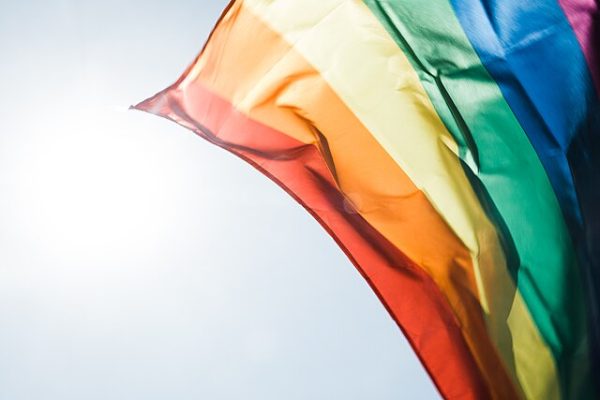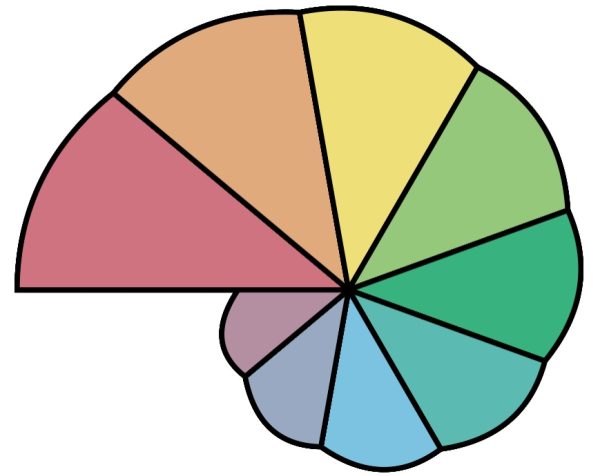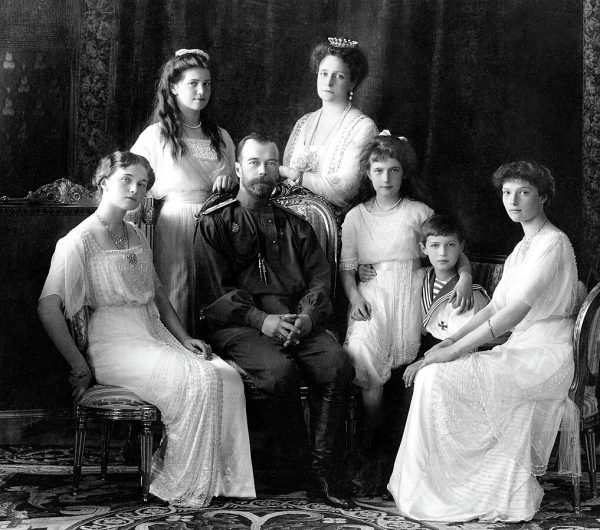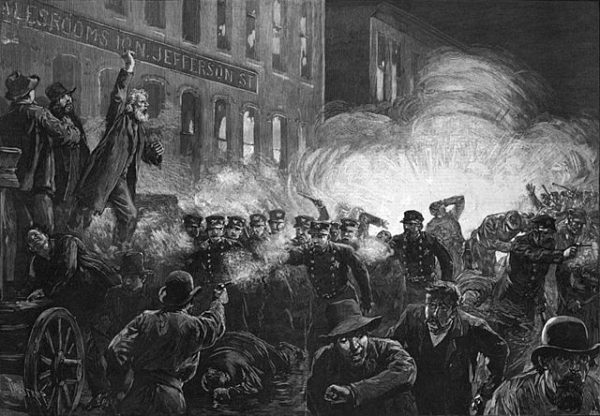#MeToo: The Revolution That Wasn’t
In early January, the Golden Globes made its triumphant return to late-night broadcast, attempting to overcome its legacy of corruption, racism, and misogyny with a 3-hour ceremony featuring hundreds of inebriated celebrities and b-list invites. The night featured many exciting moments from Michelle Yeoh’s and Ke Huy Kwan’s wins for Everything, Everywhere, All at Once, to Jennifer Coolidge’s declaration that she does not work out, to MJ Rodriguez’s standing ovation.
Oddly enough, despite taking away zero trophies at the end of the night, one guy seemed to be the star of the Golden Globes. Three different celebrities took a moment on stage to shout out Brad Pitt. On the surface, the many declarations of love directed toward the actor make sense — his reputation as an attractive, talented actor precedes him — but any knowledge of Pitt’s relationship with his ex-wife Angelina Jolie and their children makes these moments more sinister.
Only a few months ago, Jolie released details of Pitt’s alleged emotional and physical abuse, specifically when he hit her and poured alcoholic beverages over her and her kids on a 2016 flight. Coupled with Jolie’s allegations that her former husband asked Harvey Weinstein to produce his film Killing Them Softly, even after Jolie had informed him that Weinstein had assaulted her, Brad Pitt’s Hollywood golden boy image should falter. Assuming, of course, Hollywood cared even a little about the well-being of women.
Despite copious statements about the importance of “women’s stories” and “female empowerment,” the industry seems content to ignore misogyny and glorify abuse. Nowhere was this more on display than during the Depp v. Heard trial in May of 2022. Vanessa Hudgens, Jennifer Aniston, Dominic Fike, Taika Waititi and other prominent celebrities liked Johnny Depp’s Instagram post celebrating the jury siding with him in the trial. Other industry members liked and contributed to the various memes circulating the internet demeaning Heard and her testimony. Even now, after Gloria Steinem and other women’s organizations released statements aligning themselves with Amber Heard, Johnny Depp remains the face of Dior OR and continues to receive public-facing job offers, appearing as a model in Rihanna’s Savage x Fenty Vol. 4 show in November. Amber Heard’s “imperfection” as a victim certainly contributed to this backlash; she fought her abuser back and had far less name recognition before her marriage with Depp. But the current cultural inclinations to make space for (and even award) men like Louis C.K, Ansel Elgort, and Dr. Dre seems to indicate that Hollywood’s brief period of good grace towards victims might’ve entirely come to an end.
At the climax of the #MeToo movement, show business appeared to be heading in the right direction. We saw powerful men like Harvey Weinstein, Charlie Rose, and Matt Lauer lose their livelihoods. But what has substantially changed since then? New allegations are met with dismissal and ambivalence. The #MeToo movement pushed the message that persevering through the scorn and public vindication that came with sharing stories of abuse was worth it because justice would be served. But the industry responded to women unearthing deeply held traumas by shaking their heads at a handful of men and patting themselves on the back for a job well done.
Of course, publicly coming forward with allegations can feel appropriate for certain survivors, but any movement that pressures survivors to tell their stories without subsequent, meaningful action cannot claim to work for victims. Until popular culture is fully ready to address sexual violence when accusations come out, coming forward seems to be a largely fruitless endeavor. At least for the foreseeable future, it seems like Hollywood’s dedication to feminism will never go beyond the occasional Jane Austin movie adaptation or Ruth Bader Ginsburg biopic.







